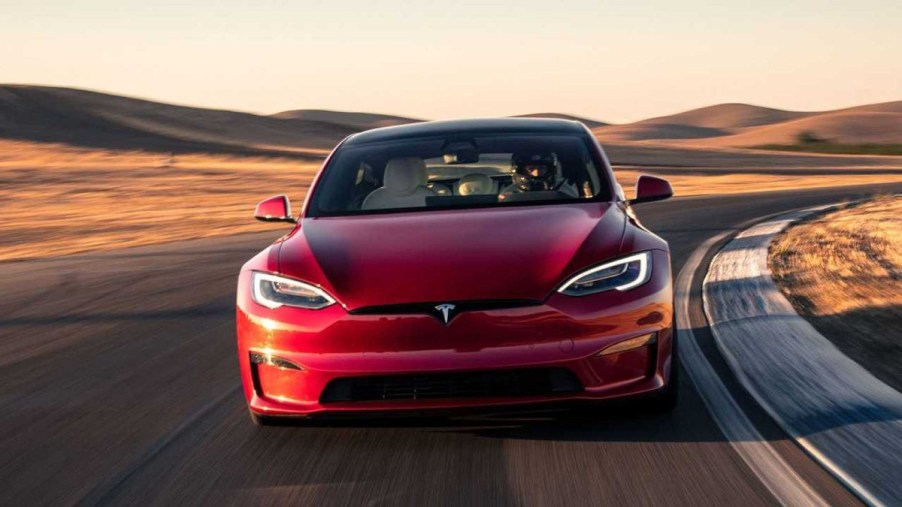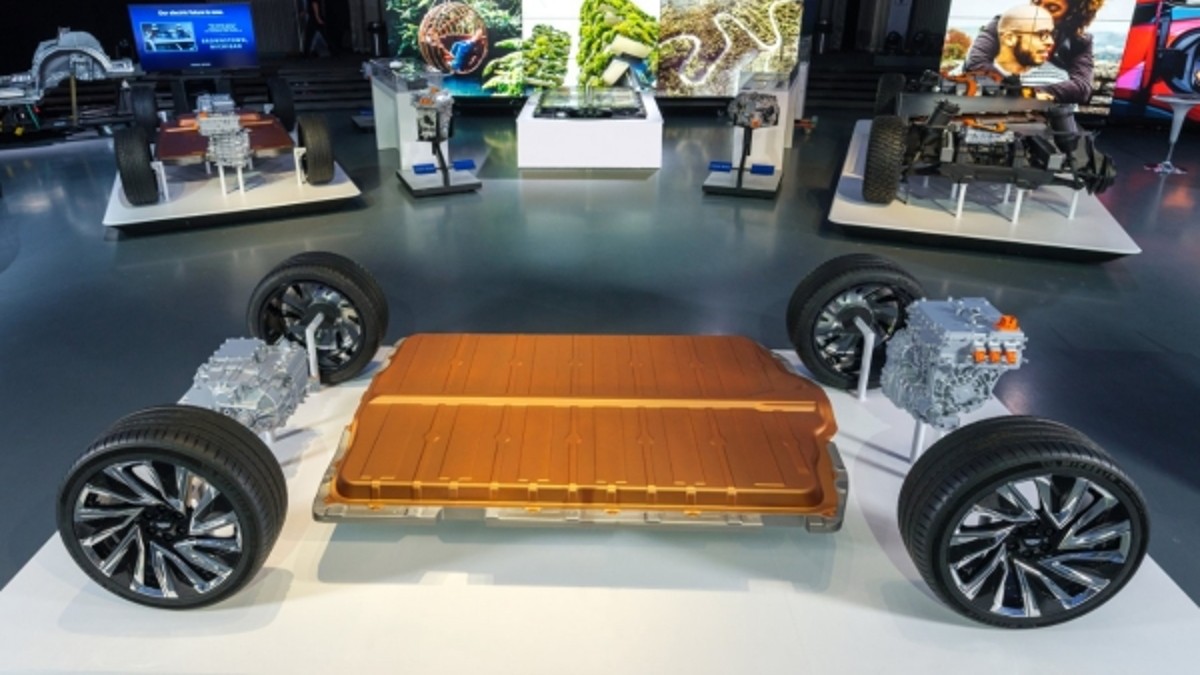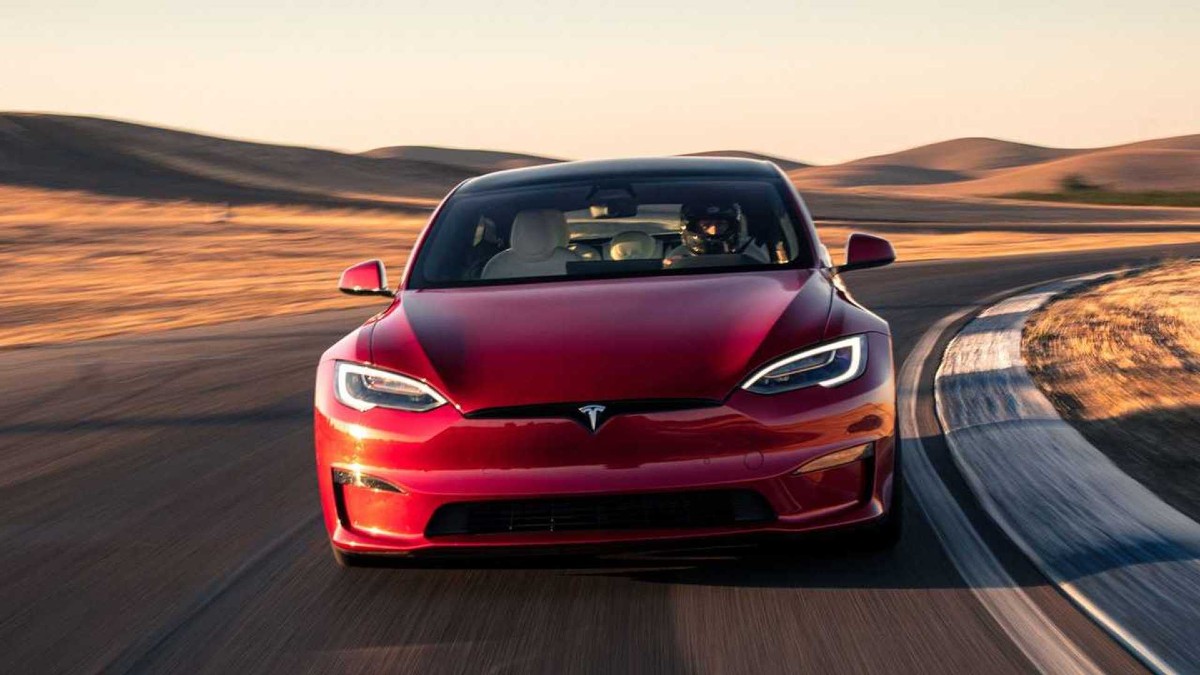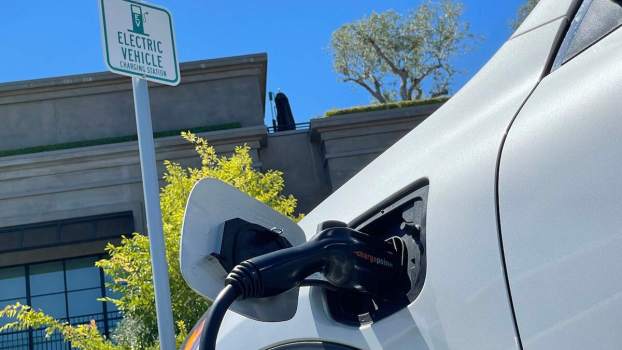
How Long Does an Electric Car Battery Actually Last?
As automakers transition their lineups to EVs, concerned consumers understandably wonder how long an electric car battery will last. It’s the most expensive EV component and a source of anxiety for some drivers, especially if the battery fails shortly after the warranty expires. Can an electric car battery last as long as you own the vehicle? And how much would it cost to replace one?
Do we know how long an electric car battery will last?

We don’t have enough data to predict the lifespan of an EV battery yet. Most electric vehicles haven’t been on the road for more than six years, and those have used outdated technology in the battery pack. The automotive world is transitioning to new vehicles, but we’re still unsure how long the batteries will continue to return an acceptable charge. That said, we can take a few educated guesses.
How quickly do EV batteries degrade?
The average EV battery degradation rate is 2.3% of the maximum capacity per year. When properly cared for, EV batteries could last much longer than many components in internal combustion engines. The longevity of electric car batteries contributes to the low maintenance costs associated with EVs.
This degradation rate as a percentage means an EV with a 100-mile range could lose 2.3 miles of range in the first year, but that number lowers as the vehicle ages. It will take more than five years to lose up to 10 miles of driving range in this EV.
How much does it cost to replace a battery in an electric car?

The cost to replace an EV battery depends on the vehicle and battery pack size. Typically, the price ranges from $5,000 to $20,000 — one of the costliest automotive repairs. If a battery is still under the manufacturer’s warranty, that replacement shouldn’t cost the car owner anything. Most automakers cover the EV battery and components for eight years or 100,000 miles.
Once the manufacturer’s warranty no longer covers the electric vehicle, consumers face the challenge of living with range loss due to battery degradation or replacing the battery pack. Considering the high replacement cost, it’s easy to predict that most drivers will live with an electric car battery’s range loss as long as possible.
What happens to electric car batteries after 8 years?
EV batteries slowly lose capacity over time. This range loss of 2.3% annually is most noticeable after a few years. Electric car batteries can be serviced, and individual cells can be replaced if they go bad. Eventually, like gasoline engines, EV batteries require replacement.
What happens to an EV battery after it’s replaced?
Although most EV recycling and reusing programs are still in their infancy, some companies understand the need to utilize EV batteries for other purposes.
Nissan uses old Leaf batteries to power streetlights, and General Motors uses EV batteries to back up data centers in Michigan, Recurrent Auto reports. These batteries are no longer usable in electric cars but can still be employed for other purposes, giving them a second life.
The auto industry’s future is EVs, which run on batteries that are getting better and stronger every year. Continued research and development should lower the replacement cost and increase the life expectancy of an electric car battery. Then we’ll better understand how long EV batteries will last.





